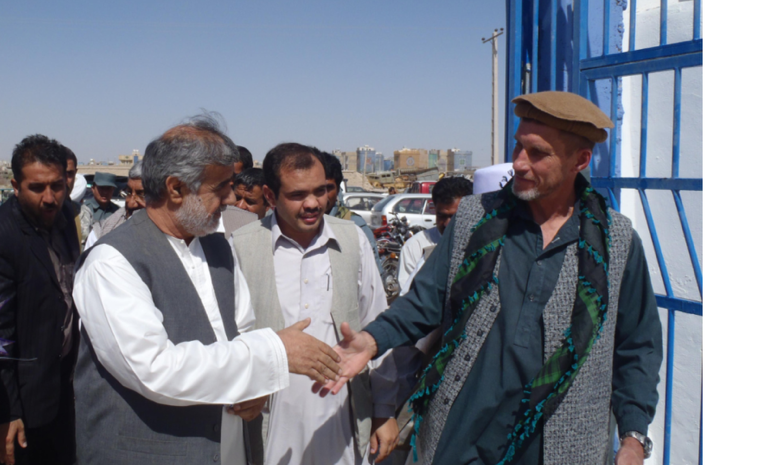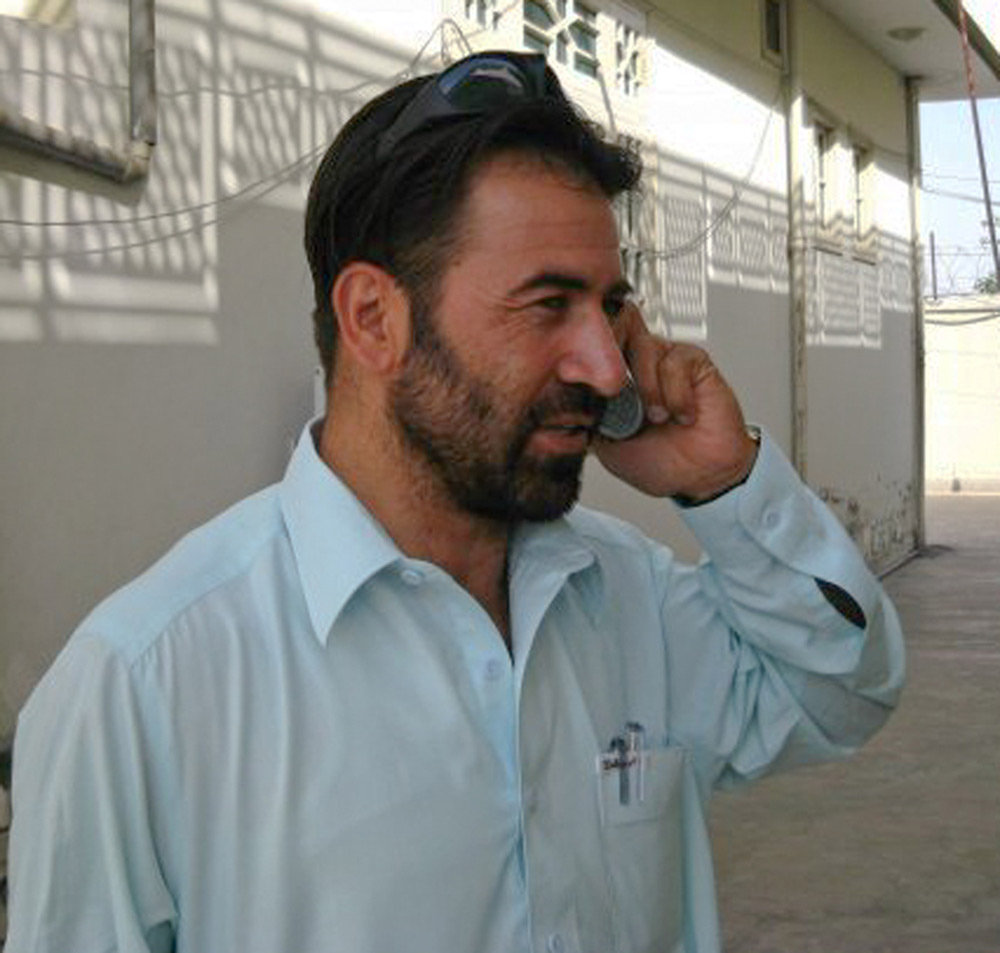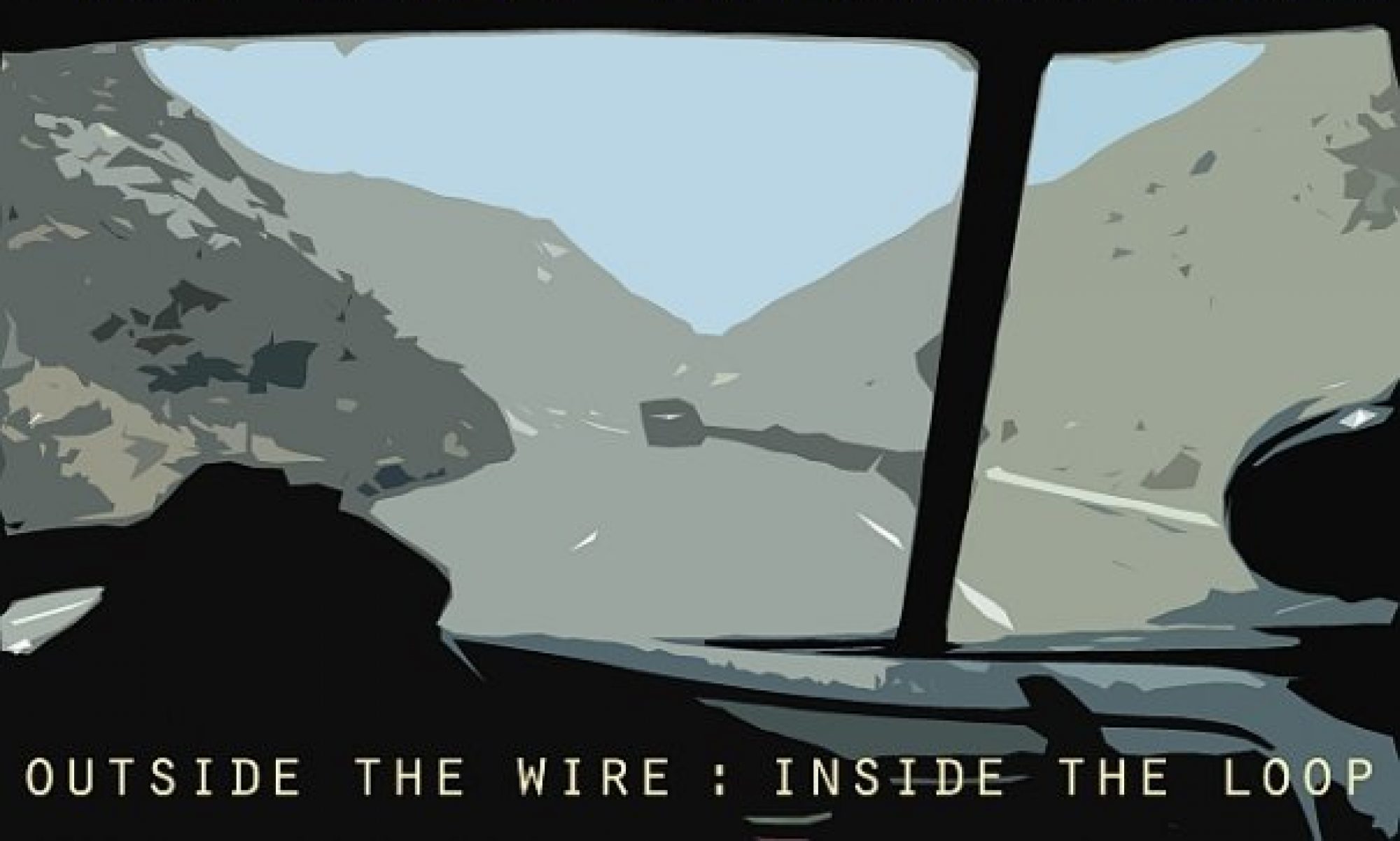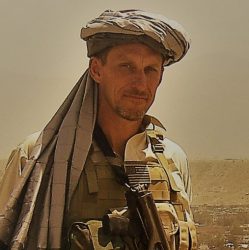Since launching my campaign to embed in Afghanistan I’ve received a lot of push back from my American friends who spent time outside the wire in Jalalabad with me. They are concerned that I’m placing myself in grave danger to cover a story that will end in dismal failure. They have little confidence in the Government of the Islamic Republic of Afghanistan (GoIRA) or the American military when it comes to solving the true problems driving the fighting country-wide. They also believe the military is incapable of telling the truth about the effectiveness of their efforts nor able to develop the tactical models required to deal with what is now a general insurgency.
One of them shared this observation in a group email a few days ago:
I remember something Sitting Bull said to Jim when Jim spoke of coming back and marrying into the tribe. His response, “you’re not Muslim”.. So if ANYONE had a level of rapport with any Afghan who lives in the countryside, Jim did. And for his counterpart to make that distinction after all they had been through, THAT means something.
He’s talking about Jim Gant who I consider the most remarkable soldier of our generation and a man I admire greatly. Jim was cursed by being successful where all others failed miserably and got the shaft for it but that’s another story for another post.
What’s ironic about that comment is (unknown by my friends) I’ve been asked to convert, marry into a tribe and stay in Afghanistan on four different occasions. Unlike Jim I was not talking with a tribal leader who loved me like a son; these men hardly knew me. They were trying to get another connected, educated, competent guy to join the tribe for the obvious benefits that would bring to the community. It is a typically Afghan thing to do in rural districts and I spent months at a time in remote districts accompanied by only an interpreter (Zaki or JD) and a driver. None of my friends (with the notable exception of Jim Gant and fellow Ghost Team members) have remotely similar experiences.
My colleagues from Ghost Team and I (along with a handful of westerners sprinkled throughout the country by marriage or business) are the only westerners who embedded inside local communities and directly supervised large projects that were completed on time and on budget. Consistent performance at that level required detailed knowledge of how local communities functioned. Projects had to be vetted correctly the first time, every time, to avoid the perception of favoritism of one tribe over another.

I knew the tribes where we worked trusting them to protect our little team on nothing more than a hand shake. Free Ranging requires a high tolerance for risk, unshakable confidence in your ability to get through any situation along with the application of reason and logic to local atmospherics. Reason and logic allowed us to be comfortable operating in areas where everyone else was uncomfortable. Reason and logic is why I’m comfortable going back. What is uncomfortable is being lectured by friends who don’t really know what I know. Which provides a perfect opportunity to discuss the realities of Free Ranging in contested lands.
Rule #1 is you will not be able to talk your way through every checkpoint. I was detained in Afghanistan, Dubai and the Northwest frontier of Pakistan during the years I spent Free Ranging. When pinched in Pakistan I was being driven through the town of Landi Kotal and was about 5 miles from the border. I was taken back to Peshawar (a policeman jumped in my cab to escort me and I had to pay for the ride back) where a magistrate released me on my own recognizance minus my cash, passport, and expensive (recently purchased) wristwatch. But I had my cell phone and called my friend (and manager of the Taj) Mehrab who arrived (in the middle of the night) with enough cash to pay for a permit and escort to get me through the Khyber Pass. I spent the intervening hours keeping a low profile in a crappy tea house and let me assure you I was terrified. Anyone who says they can handle that much risk and not be scared to death is delusional. But I kept my cool, remained calm and waited patiently.
If you ever found yourself alone, broke, tired and hungry in Peshawar, Pakistan, in the middle of the night, you might be a Free Ranger.

Mehrab like many Afghans who worked with the international community was killed outside his house by Taliban gunmen in 2012. He was a good man who believed that the international community would bring peace and prosperity to Afghanistan. He also was a typical Afghan who would do anything to include transiting the Khyber Pass at night in the middle of the 2009 Khyber Pass offensive to help a friend in need. Meharb and the many Afghans I met who are just like him are the reason I want to go back.
The Free Range threat matrix, developed over a decade ago, is interesting reading for those unfamiliar with the realities on the ground in Afghanistan. It’s been updated for the embed this summer.
Free Range International Threat Matrix 2007
- Afghan Security Forces
- Motor Vehicle Accident
- Running into American or British army convoys while driving (high probability of getting shot even in Kabul and even in brand new up-armored SUV with diplomatic plates)
- Taliban ambush
- Serious disease or sudden illness
Free Range International Threat Matrix 2017
- Afghan Security Forces
- Motor Vehicle Accident
- Taliban ambush
- Serious disease or sudden illness
See the difference? Only the threat presented by ISAF road movements has been eliminated. Afghanistan is a scary place because the country is falling apart as a direct result of repeated failures by the international community to develop strategies that actually help the Afghan people.
Sixteen years down the road the Marines are going back because America has decided that we will, for the first time in my lifetime, actually see one of the debacles we created in a foreign land through to some sort of acceptable end state.
This story needs to be told honestly by a reporter who understands the Marines, the environment they are operating in and the degree of difficulty they will encounter as they balance force protection against mission effectiveness. Please take the time to donate on my Go Fund Me page to enable honest, professional reporting on a story that will have a significant impact on your children’s future. Your kids may not be interested in war but war is interested in them. And if we cannot develop effective strategies to combat radical Islam war is going to find them.


